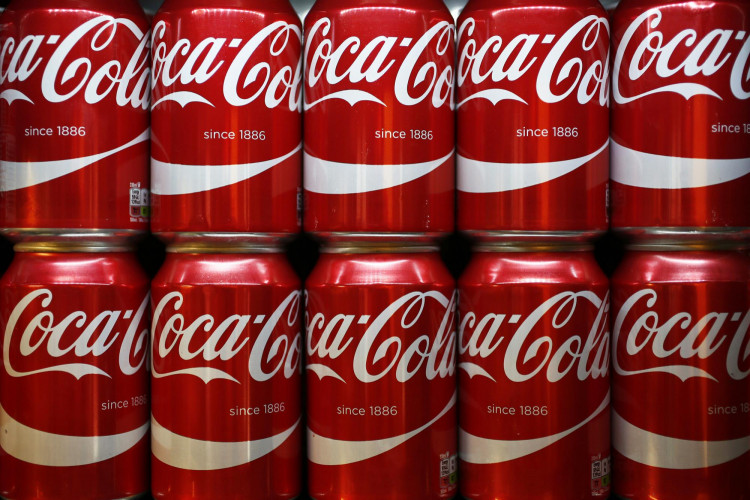Coca-Cola European has made a $6.6 billion buyout offer for Australia company Coca-Cola Amatil Ltd. - a bid the target company welcomed Monday because of economic doubts caused by the worldwide virus pandemic.
The takeover is expected to form an international manufacturer of packaged beverages that can better deal with the slowing in the market. The target's board plans to unanimously back the proposal in what would be the nation's biggest contract this year, reports said Monday.
Coca-Cola European is proposing A$12.75 a share, an 18.6% premium to Amatil's latest closing price. The Sydney-headquartered company operates across six territories in Asia Pacific.
Details of the deal are yet to be finalized by the two companies but could be announced in the next few days, Bloomberg News reported quoting people with knowledge of the matter.
The support from Australia suggests an economic rebound might take years - compared with other local market observers who say the market is improving. Coca-Cola Amatil's sales have been hurt by restaurants and nightclub closing since March this year.
Coca-Cola European chief executive officer Damian Gammell said the takeover would create "a broader and more balanced geographic footprint that will enable the company to scale up even faster," Bloomberg quoted Gammell as saying.
The UK-headquartered Coca-Cola European is the biggest independent bottler of Coca-Cola products in the world in terms of sales and has a market value of $17.7 billion.
According to its website, Coca-Cola European has 48 manufacturing facilities in Great Britain, Germany, Spain and other parts of the world. Amatil has 32 production plants in Australia, New Zealand, Indonesia, Papua New Guinea and Fiji.
U.S.-based The Coca-Cola Co. has a 31% investment in Coca-Cola Amatil and a 19.4% share in Coca-Cola European, according to Refinitiv data.
Soft drink makers have been under pressure in recent years because of the implementation of a sugar tax and as the demand for sugary beverages drops. A government report said that Britain had seen a 43% decline in sugar content per 100 milliliters in drinks that had attracted the tax.






